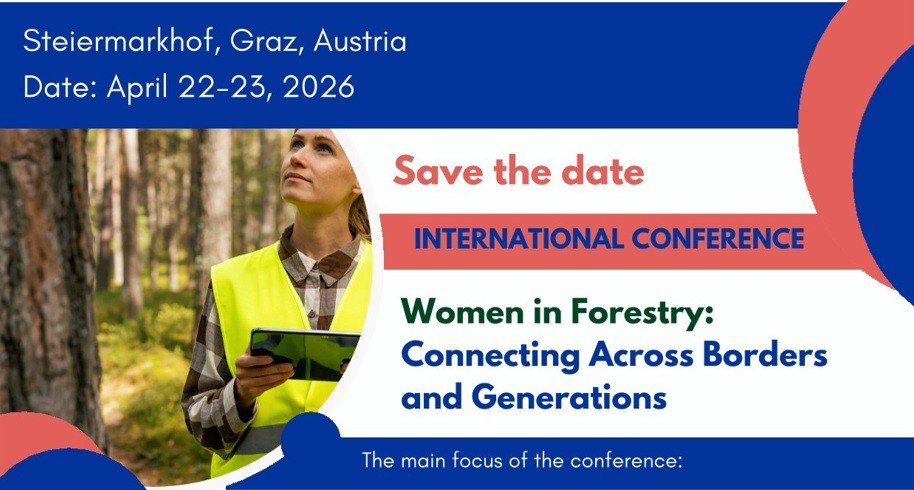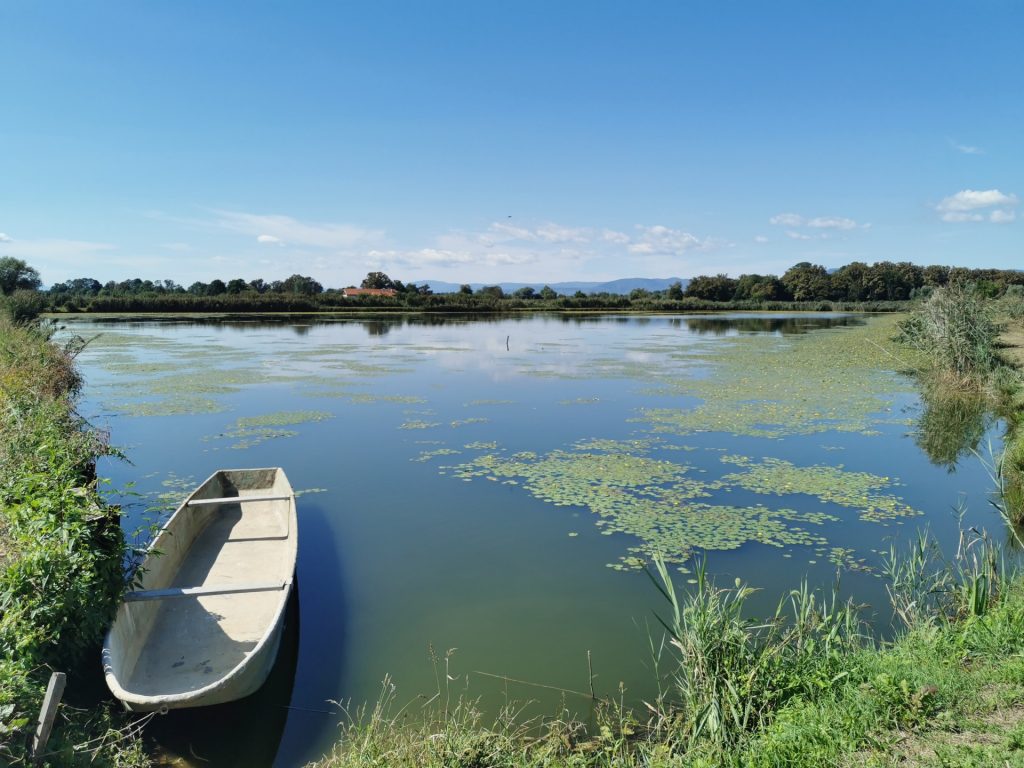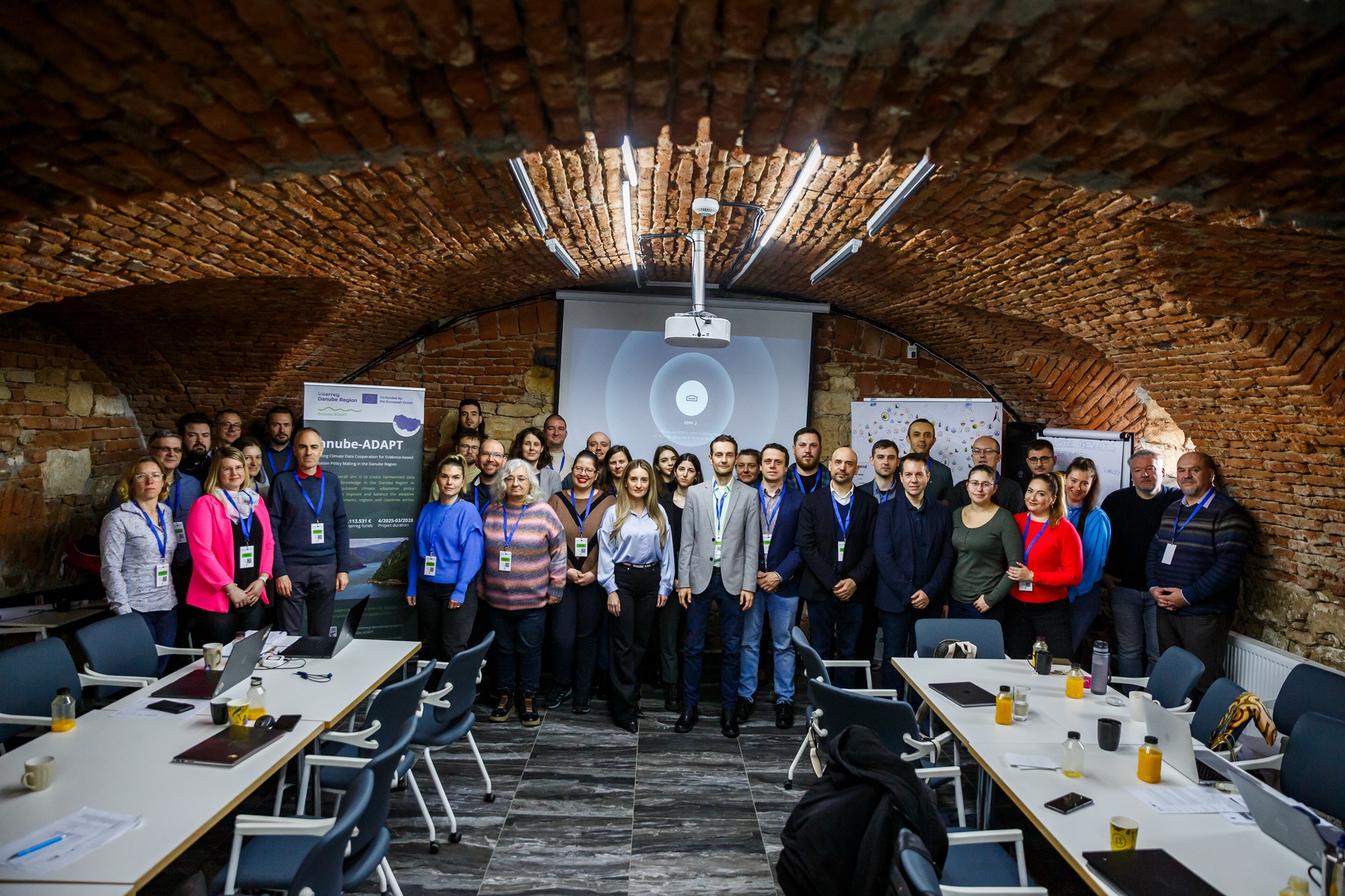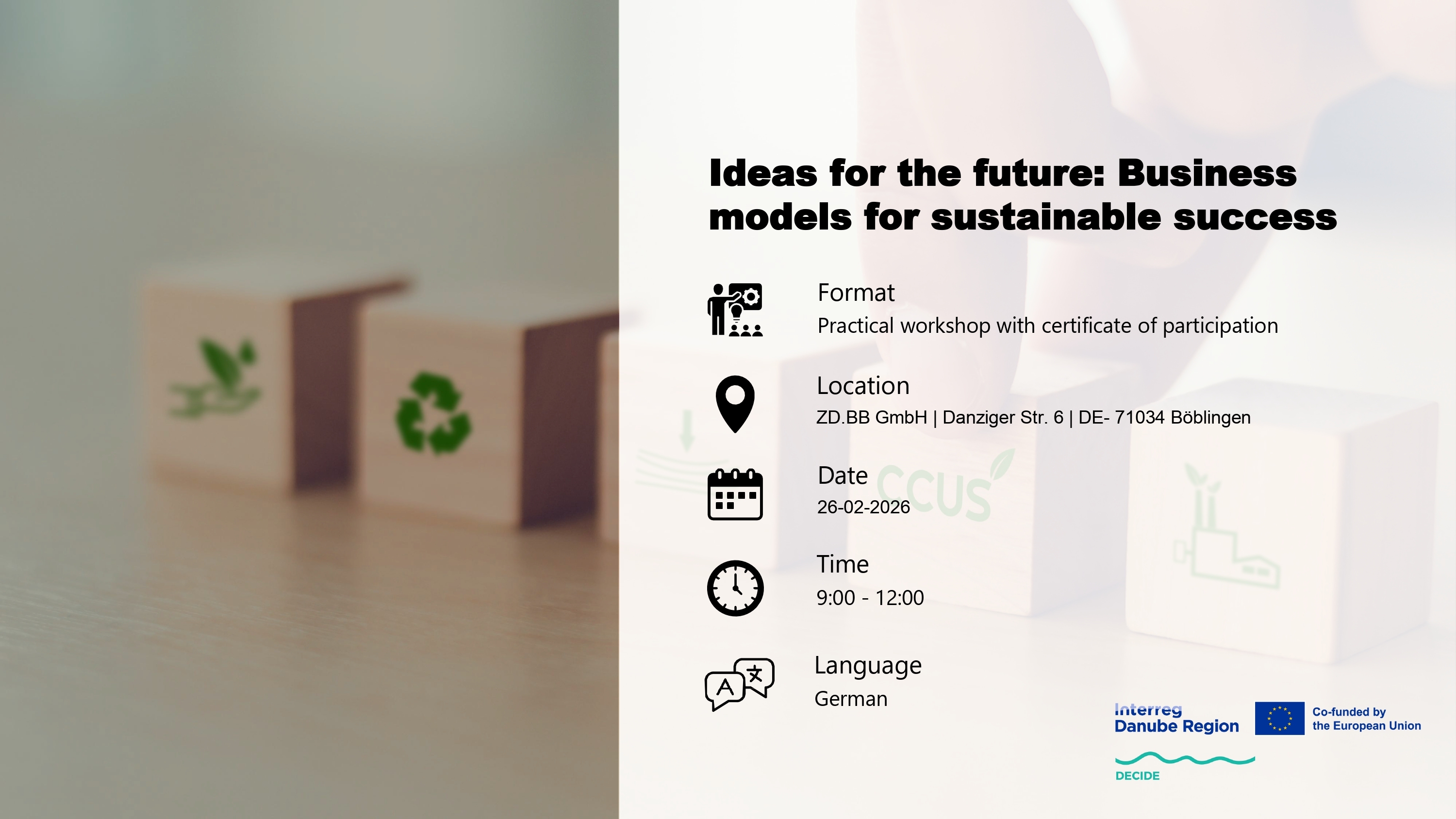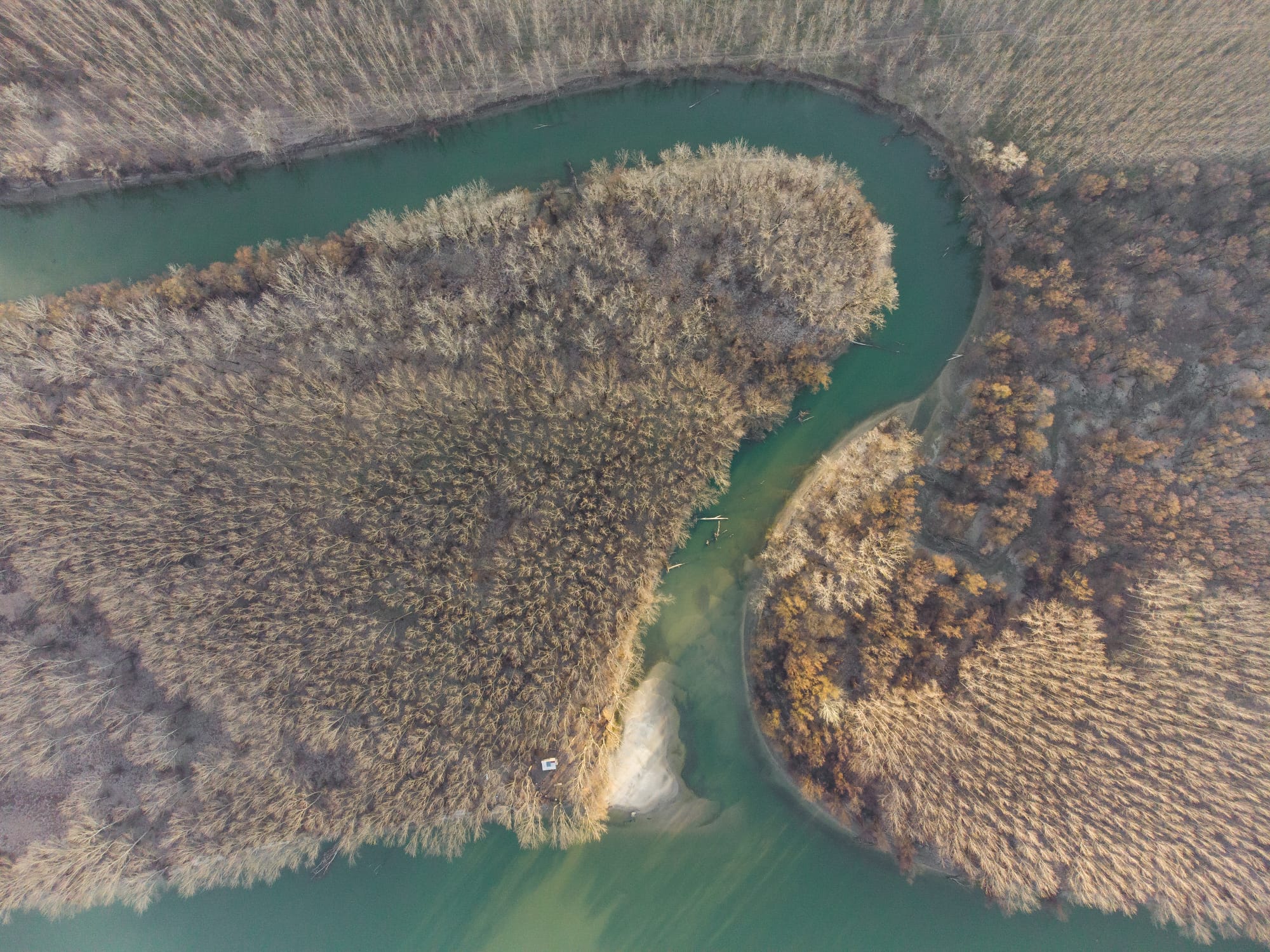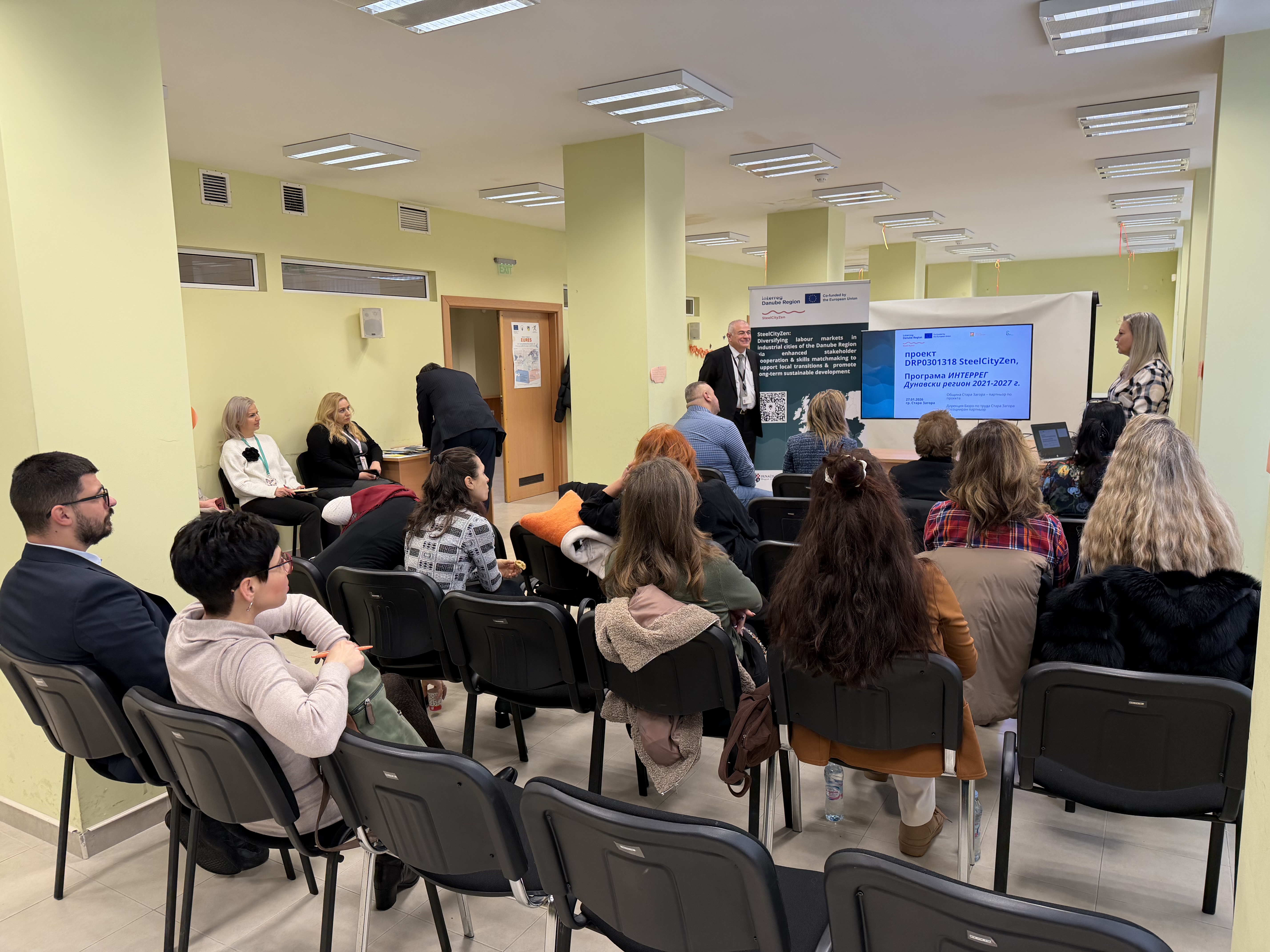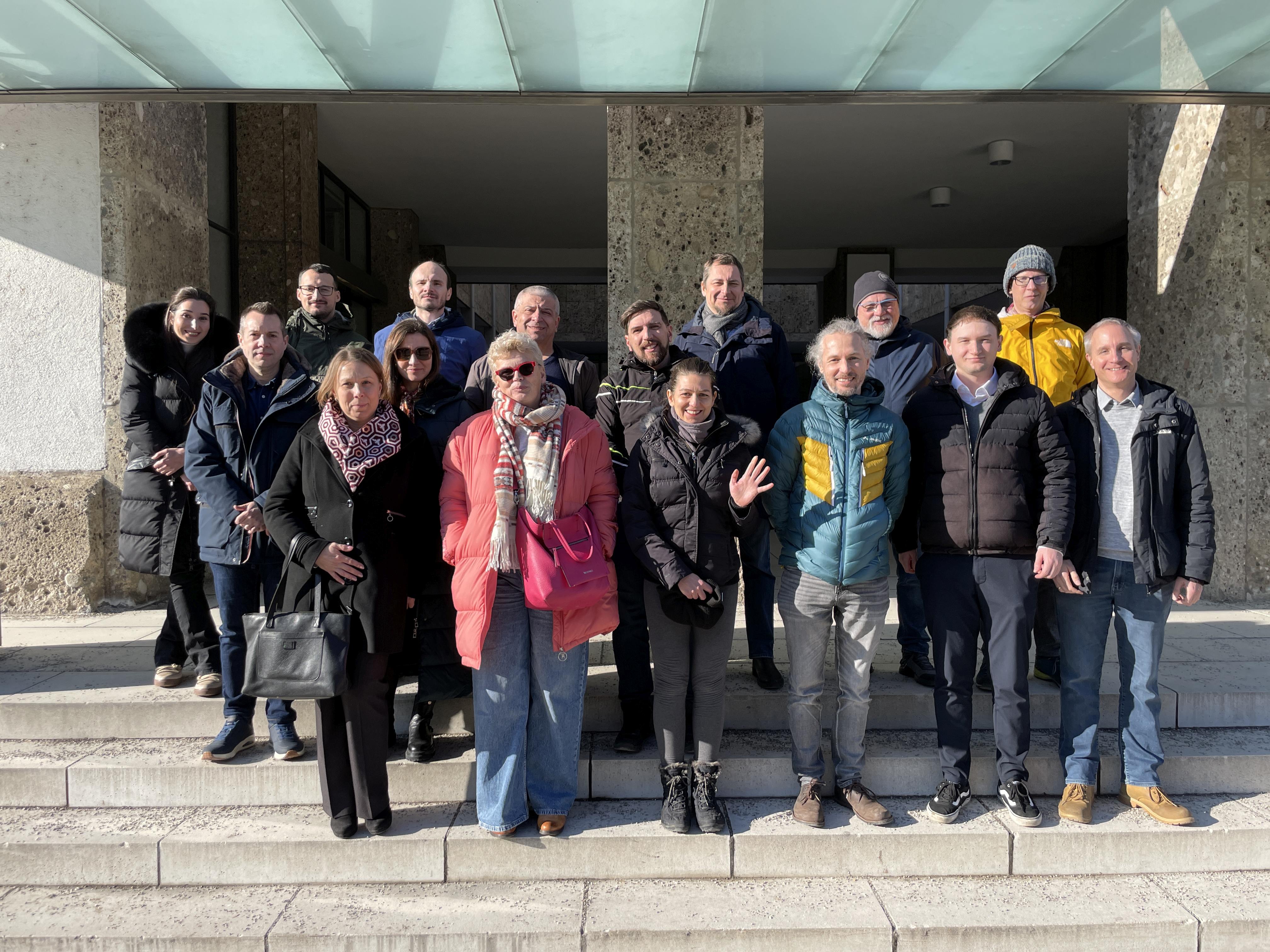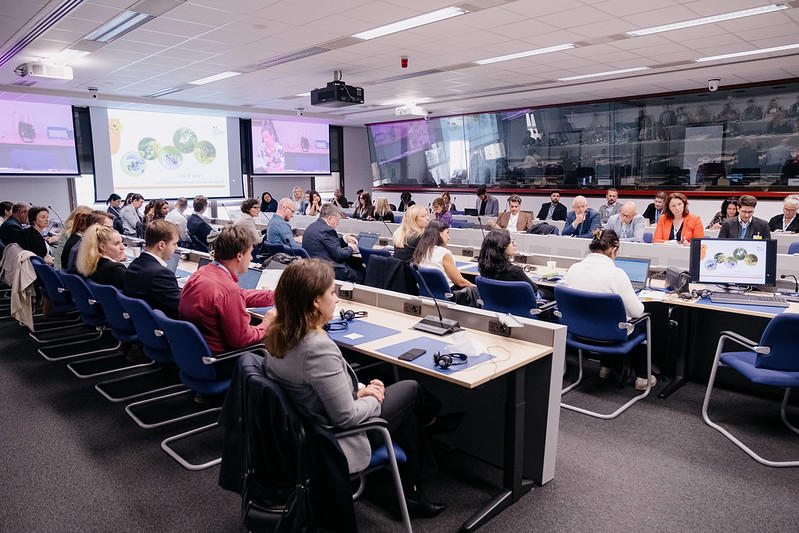
Maximizing talent through inclusion in the Danube Region
On October 8, 2024, a panel discussion titled "Maximising Talent through Inclusion in the Danube Region" took place during the EU Regions Week, focusing on the role of Interreg Danube Region Programme and transnational cooperation in addressing challenges related to labour markets, skill shortages, and inclusion.
The session brought together speakers from various countries and projects. With a strong turnout, the discussion emphasized the importance of transnational collaboration in fostering inclusive labour markets and leveraging talent in underrepresented segments of society to boost regional development in the Danube area.
Tackling labour and skills shortages
In light of the European Commission's March 2024 action plan to combat labour and skills shortages, the session highlighted key drivers of the current situation: demographic change, job growth from green and digital transitions, and poor working conditions. However, in the Danube Region, these factors are compounded by migration dynamics—both outflows and internal rural-to-urban shifts—and a heterogeneous socio-economic landscape. A significant part of the region, particularly in the south and east, grapples with the NEET (Not in Education, Employment, or Training) challenge, with minority groups disproportionately affected.
The overarching premise of the session was that human capital—the abilities, skills, and potential of disadvantaged and underrepresented segments of society—women, the aged, and the Roma, is underutilized. Unlocking this potential through education, training, and skills development is critical for fostering robust labour markets and healthy socio-economic fabrics in the region.
The discussion included a panel of experts composed of project coordinators and cohesion policy practitioners:
Dr. Kathrin Böhling, Bavarian State Institute of Forestry (Germany)
Jelena Zlojutro, VHS (Austria)
Helena Cvenkel, BSC Kranj (Slovenia)
Maria Magdalena Voinea, National Authority for the Interreg Programmes (Romania)
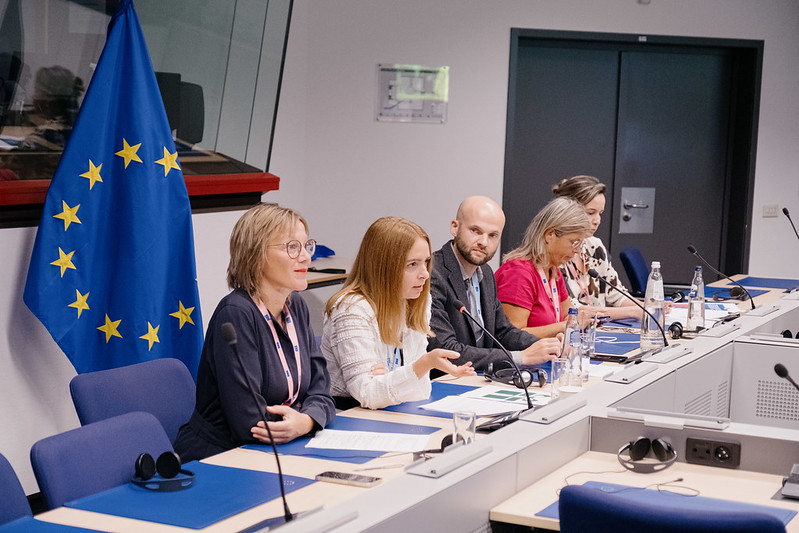
Talent realization and employment challenges
The panelists underscored the need for well-trained specialists in times of a shortage of workers and the mismatch between potential of people in disadvantaged groups and their realization in workforce. For example, Dr. Bohling highlighted challenges faced by women in forestry, a sector traditionally dominated by men. Across the Danube Region, women are significantly underrepresented in forestry decision-making roles, despite their growing presence in forestry education programmes (ranging from 25-50%).
The Roma and elderly populations face similar difficulties in accessing quality employment due to discrimination, ageism, and lack of skills development opportunities. The panelists have emphasized that fostering inclusion requires targeted interventions that address these specific barriers and shared successful examples of initiatives carried out by their organizations.
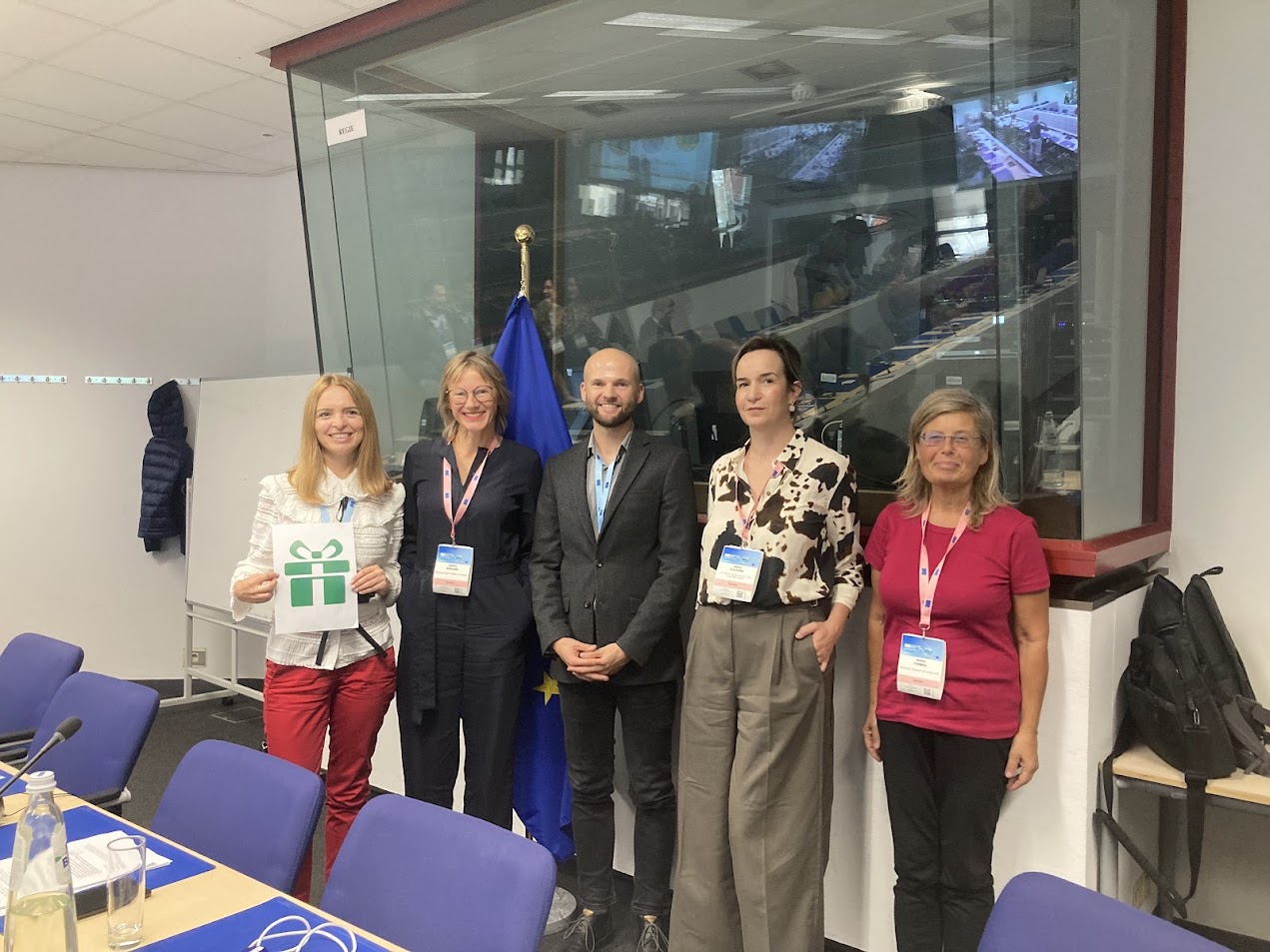
Successful initiatives
One such initiative is the Fem2Forests project, which was launched to change the image of forestry as a male-dominated field. The project introduced a mentoring programme for young women in forestry across six Danube countries, empowering over 30 women as role models in their regions. Project activities also include research on barriers to women’s participation in the sector, cross-border student exchanges, and the development of career orientation tools.
The NEVO DROM project, aimed at adult Roma who are unemployed, dequalified, or in precarious employment, provides comprehensive support to help Roma integrate into the Austrian labour market and education system. Services include educational and career advice, job coaching, psychological counseling, and assistance with social problems. Since its inception in 2019, over 400 clients have benefited from NEVO DROM’s services, which are offered in multiple languages. This project not only helps individuals secure employment but also promotes better mutual understanding between the Roma community and the wider Austrian society.
The IntegrAGE focuses on retraining and mentoring programs for the elderly, enabling them to remain active in the workforce and mentor younger generations. The project’s success in Austria, Slovenia, and Hungary demonstrates how older workers can continue to contribute meaningfully to the economy when given the right support.
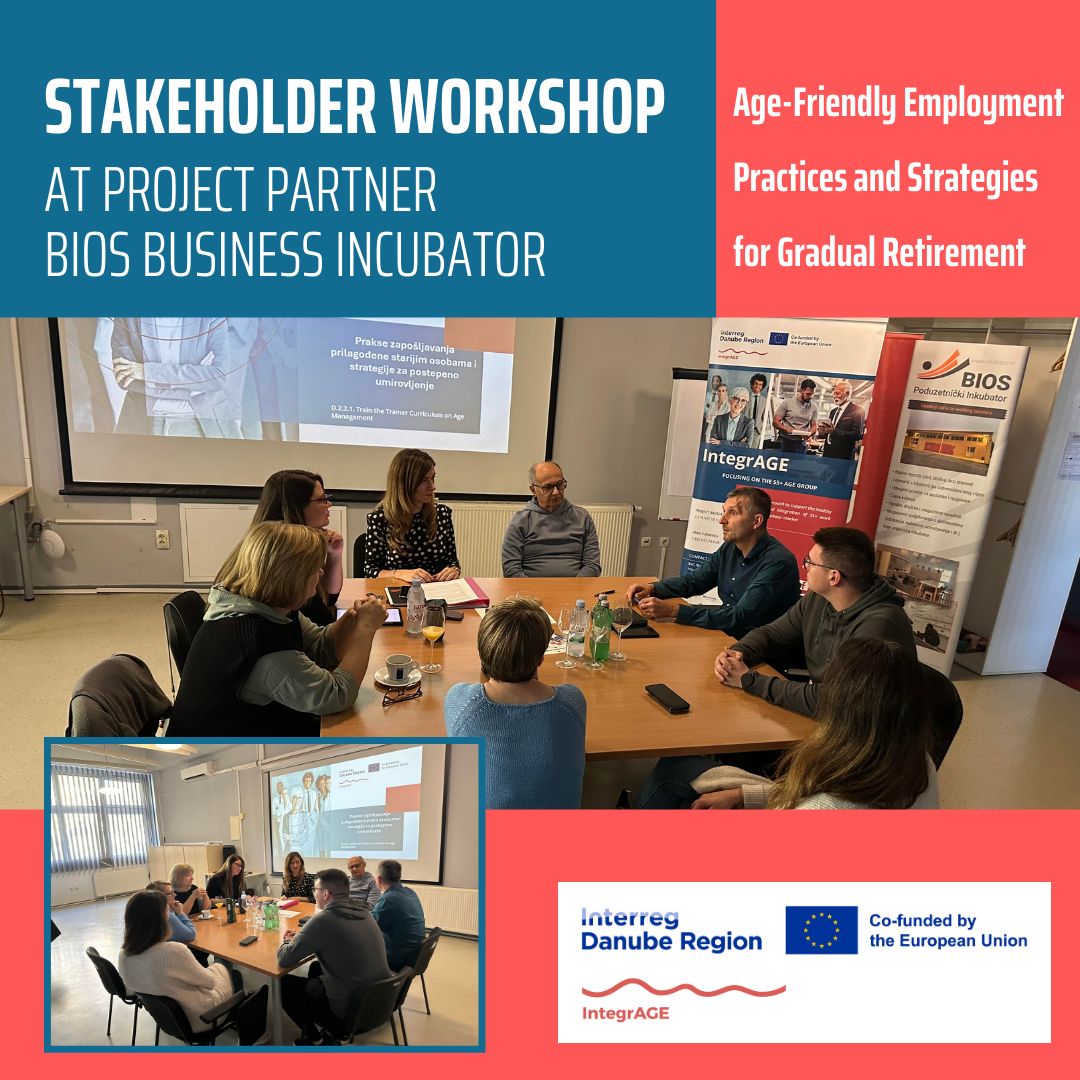
IntegrAGE workshop on age-friendly employment practices and strategies for gradual retirement, October 2024
Focus for transnational programmes
When discussing where transnational programmes should focus in the region, panelists stressed that the Danube Region is unique in its combination of EU member states and candidate countries, which creates an opportunity for shared learning and innovation. It was also noted that the Danube Region continues to face demographic shifts and labour shortages, so inclusive approaches that empower women, Roma, the elderly, and youth will be critical to its future prosperity.
As Maria Voinea explained, the Danube Region Programme has already funded several projects under specific objective 3.1 Inclusive Labour Markets and under specific objective 3.2 - Accessible and inclusive quality services in education, training and lifelong learning, with more opportunities expected in 2025.
The discussion concluded with a call for sustained funding and cooperation opportunities addressing inclusive labour market with targeted interventions to support marginalized groups.
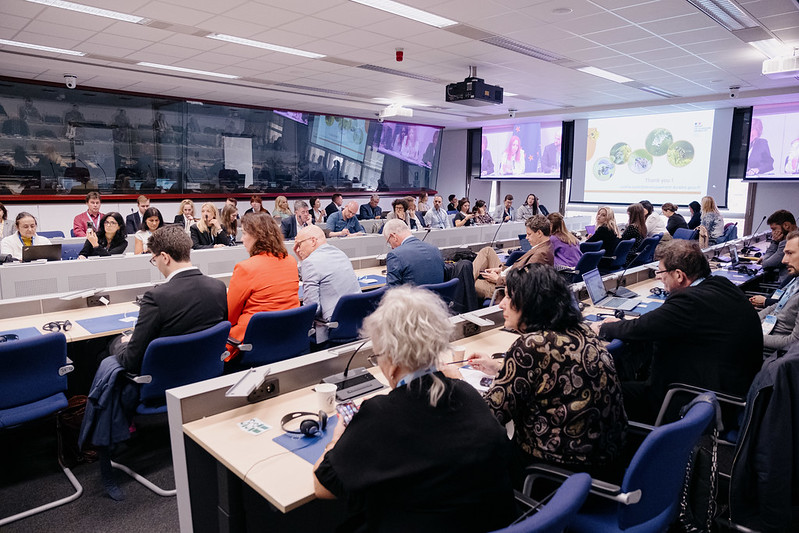
News & Events
Explore our upcoming events and read news regarding our programme and project activities.
